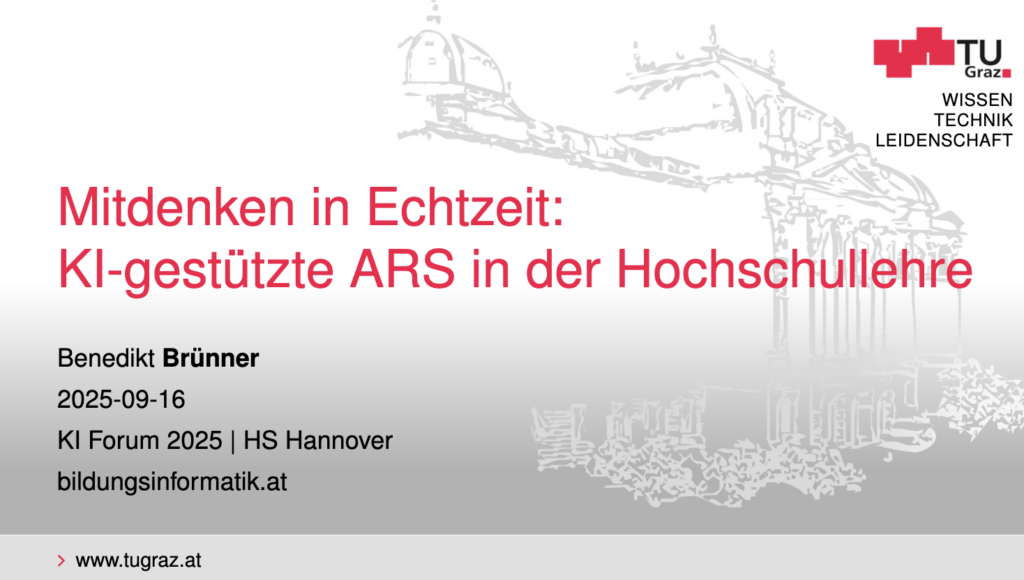Our publication „Federated Virtual Learning Management in a European University Alliance: First Experiences Using LTI to Connect LMS in Unite!“ is now published in the International Journal on E-Learning.
Abstract:
This paper explores the challenges and first experiences of implementing federated virtual learning management within the European University Alliance “Unite!”. Through the lens of Learning Tools Interoperability (LTI), the study investigates the complexities inherent in connecting Learning Management Systems (LMS) across diverse institutional contexts. This research examines the general hurdles faced by European university alliances in adopting federated LMS. Additionally, it outlines the LMS infrastructure of Unite! in early 2024 and discusses the pilot initiatives undertaken to utilize LTI for connecting LMS platforms at Graz University of Technology (TU Graz). The pilots involve integrating Unite!’s Metacampus with various platforms, including Moodle-based systems from TU Graz. The pilots demonstrate that the integration of LTI is not trivial, as it impacts technology, administration, and teaching due to the novelty of the system (requiring an explanation of how it works). However, the implementation is successful, with difficulties encountered only in specific browsers. Drawing from these pilot experiences, the paper presents insights and lessons learned regarding the efficacy of LTI in facilitating cross-platform connectivity within Unite! and offers implications for future implementations.
[publication @ ResearchGate]
[publication @ Publishers‘ homepage]
Reference: Ebner, M., Edelsbrunner, S., Gasplmayr, K., Hohla-Sejkora, K., Leitner, P., Taraghi, B. & Schön, S. (2025). Federated Virtual Learning Management in a European University Alliance: First Experiences Using LTI to Connect LMS in Unite!. In G. Marks (Ed.), Proceedings of International Journal on E-Learning 2025 (pp. 213-239). Waynesville, NC USA: Association for the Advancement of Computing in Education (AACE). Retrieved September 18, 2025 from https://www.learntechlib.org/primary/p/226307/.
This is an impactful contributions, methodological rigor, and exceptional novelty in the research field of technolgy enhanced learning, with a focus on Learning Management Systems, european Alliances in Higher Education and LTI.


